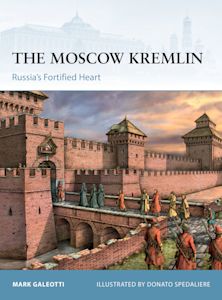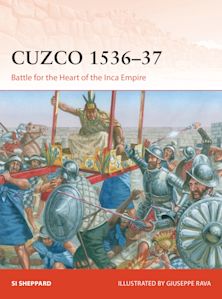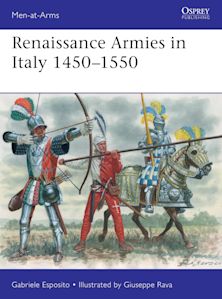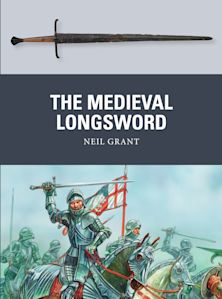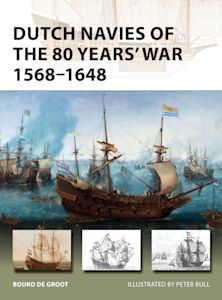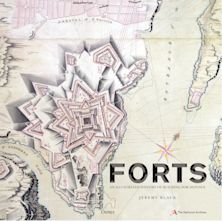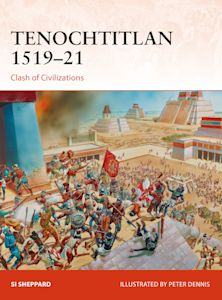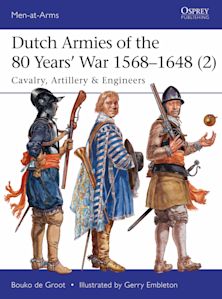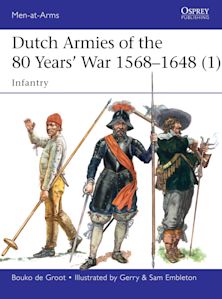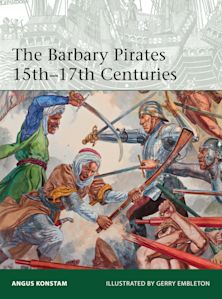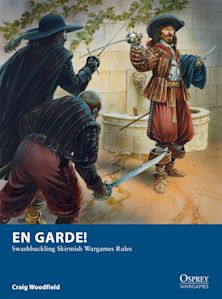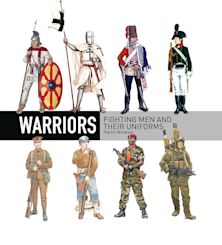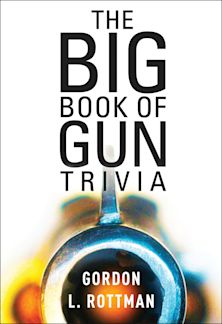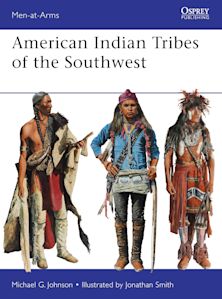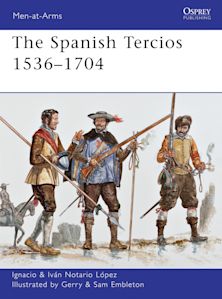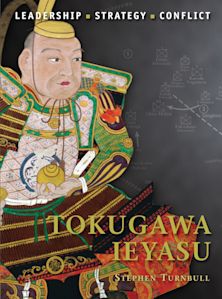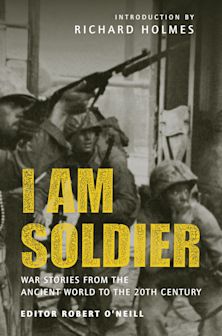The Portuguese in the Age of Discovery c.1340–1665
The Portuguese in the Age of Discovery c.1340–1665
Description
From humble beginnings, in the course of three centuries the Portuguese built the world's first truly global empire, stretching from modern Brazil to sub-Saharan Africa and from India to the East Indies (Indonesia). Portugal had established its present-day borders by 1300 and the following century saw extensive warfare that confirmed Portugal's independence and allowed it to aspire to maritime expansion, sponsored by monarchs such as Prince Henry the Navigator.
Intent on finding a sea route to the source of the lucrative spice trade, the Portuguese discovered a route down Africa's western coast, employing the innovative caravel, a vessel that could be sailed closer to the wind than any other in use at the time. In 1488 Bartolomeu Dias rounded the Cape of Good Hope and ten years later Vasco da Gama reached India. In 1500 Pedro Álvares Cabral discovered Brazil and the Portuguese began to exploit the fabulous natural wealth of the Americas.
Victory over the Mamluks at the Battle of Diu (1509) handed the Portuguese control over the Indian Ocean and allowed them to capture a succession of key ports such as Ceylon, Goa and Malacca. Portuguese sailors continued to explore the coasts and islands of East Asia, and by 1580 a network of outposts linked Lisbon to a vast trading empire that stretched as far as Japan. The period closed with Portugal and its empire passing to Spanish control for 60 years from 1580.
During this nearly 300-year period, the Portuguese fought alongside other Iberian forces against the Moors of Andalusia; with English help successfully repelled a Castilian invasion (1385); and fought the Moors in Morocco, Africans, the Ottoman Turks, and the Spanish in colonial competition. The colourful and exotic Portuguese forces that prevailed in these battles on land and sea are the subject of this book.
Table of Contents
Modernization under English influence – English alliance in Hundred Years' War – defeat of Spanish invasion
Reconquista of the Muslim south
Expansion in early 15th century: invasion of Morocco – voyages of discovery (Vasco da Gama, etc.) – trading/military expeditions around African coast – in Indian Ocean
Consolidation, mid-15th–16th centuries: merchant colonies – raising of local colonial forces – invasion and colonization of Brazil
Fighting off the competition
Resistance to Spanish pressure, 16th century – metropolitan forces – final loss of independence to Spain, 1580
Bibliography
Index
Product details
| Published | Nov 20 2012 |
|---|---|
| Format | Paperback |
| Edition | 1st |
| Extent | 48 |
| ISBN | 9781849088480 |
| Imprint | Osprey Publishing |
| Illustrations | 40 b/w; 8 col |
| Dimensions | 248 x 184 mm |
| Series | Men-at-Arms |
| Short code | MAA 484 |
| Publisher | Bloomsbury Publishing |

Resources
Discover More
Visit our exclusive member's website to see artwork, maps, and more from this book.

Resources
Book Vote
Tell us what titles you would like to see published by Osprey, then vote for your favourites in our monthly book vote!




